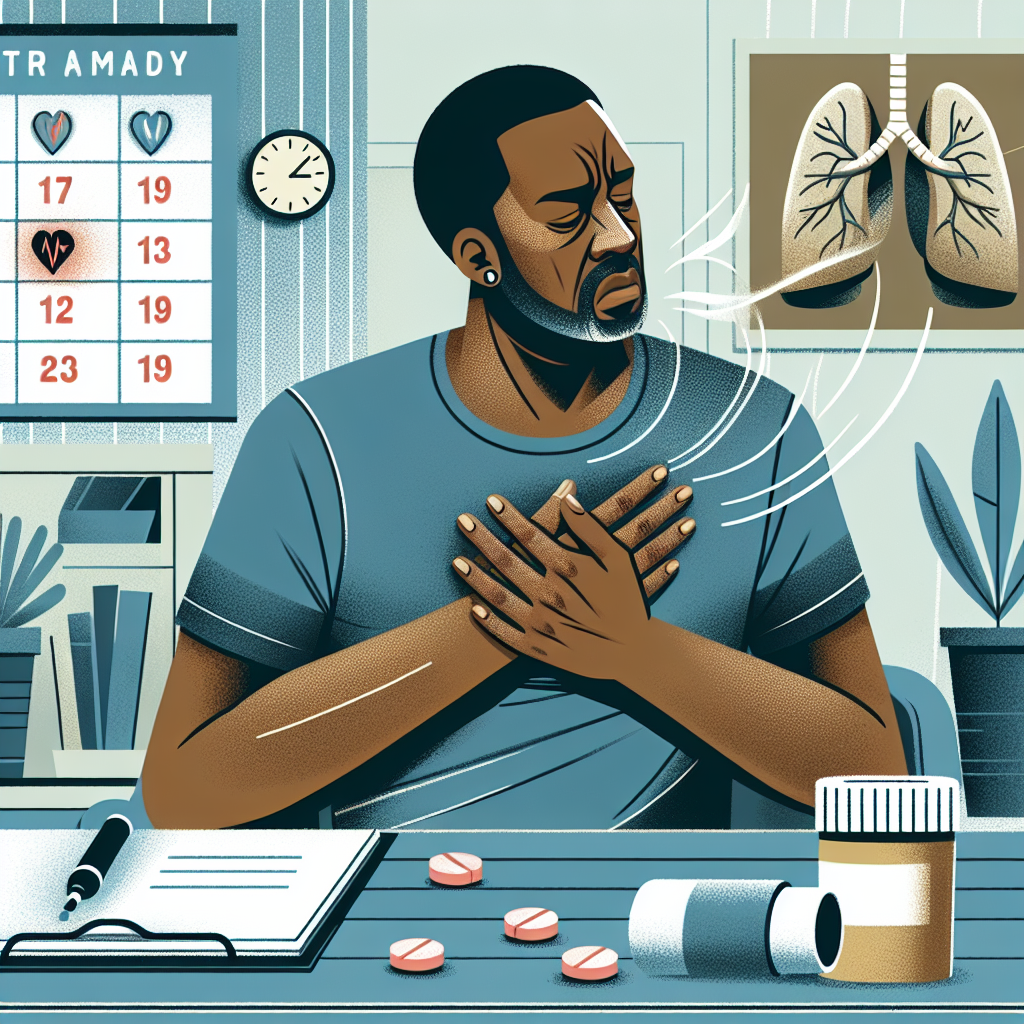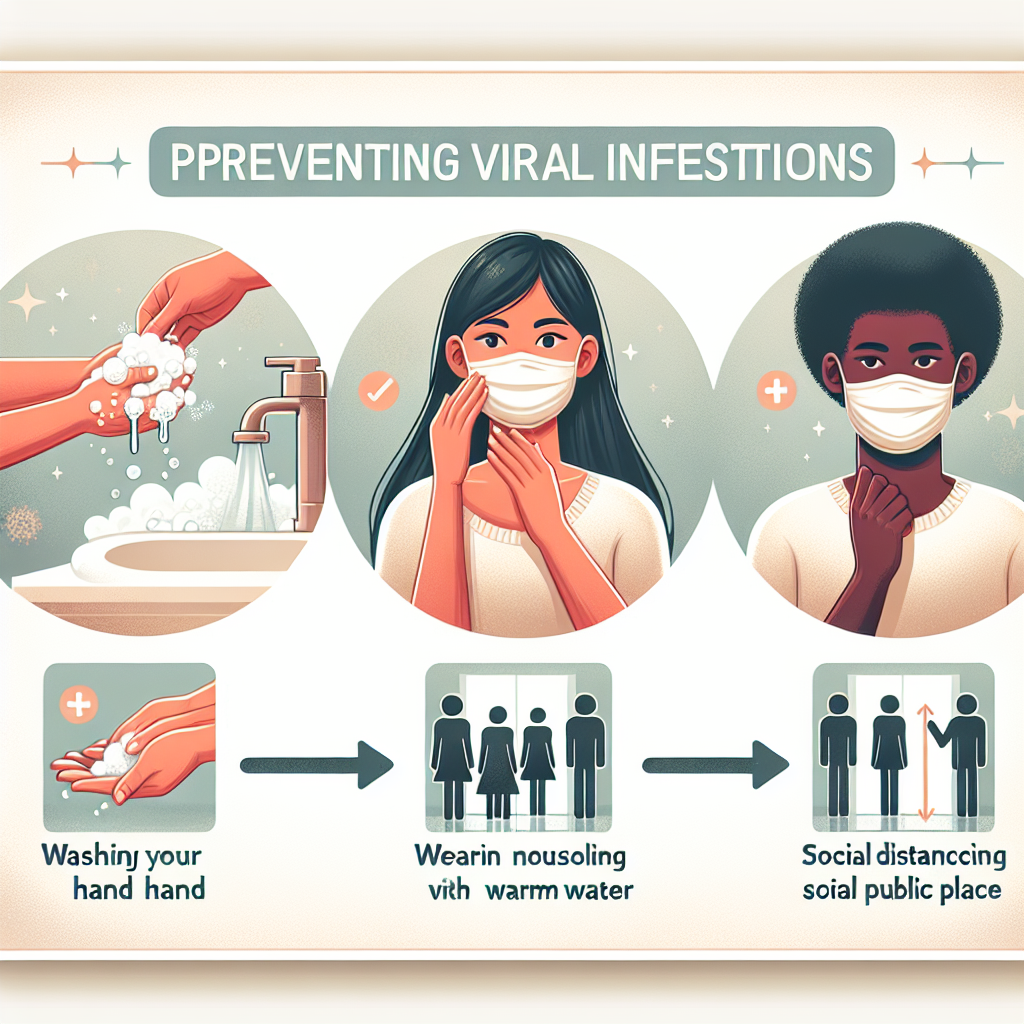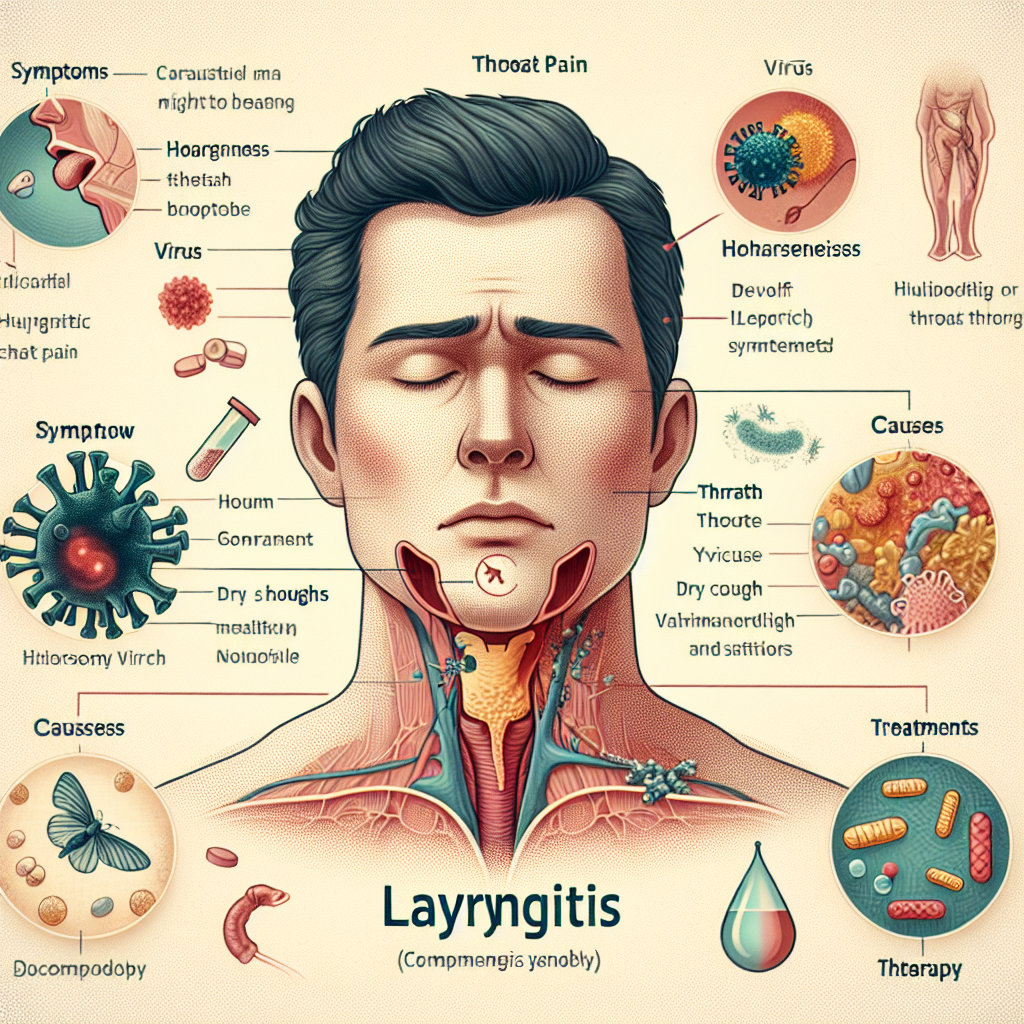===INTRO:===
COVID-19 has left a lasting impact on millions, with many individuals experiencing a persistent cough long after recovery. This lingering symptom can be both frustrating and debilitating, affecting daily life and mental well-being. Understanding the underlying mechanisms of a persistent cough post-COVID-19 is essential for effective management and recovery. This article dives deep into the mechanisms behind this condition and presents unique strategies to mitigate its effects, offering hope and clarity to those grappling with this challenge.
The Mechanisms Behind Post-COVID Persistent Cough
The persistent cough that follows COVID-19 recovery can be attributed to several interrelated physiological mechanisms. First, the virus’s attack on the respiratory system can lead to inflammation and tissue damage, resulting in heightened sensitivity of the airway. This hyperreactivity can cause the cough reflex to become overactive, meaning even minor irritations can trigger a cough. Patients who previously had respiratory conditions such as asthma may find their symptoms exacerbated post-infection, complicating recovery further.
Additionally, the immune response triggered by COVID-19 can result in prolonged inflammation of the bronchial tubes. This inflammation persists even after the virus has cleared, leaving a residual cough that can last for weeks or months. In some cases, individuals may develop a post-viral cough syndrome, characterized by ongoing symptoms that can extend well beyond the acute phase of the illness. Understanding these mechanisms sheds light on why the cough lingers and emphasizes the need for targeted treatment strategies.
Moreover, psychological factors cannot be ignored. Anxiety and stress related to COVID-19 and its implications can contribute to the perception of a persistent cough. The mind-body connection plays a significant role in respiratory symptoms; hence, addressing mental health is just as crucial as physical recovery in managing a post-COVID cough. Recognizing the multifactorial nature of this symptom allows for a more holistic approach to treatment, acknowledging that both physical and emotional well-being must be prioritized for effective recovery.
Effective Strategies for Managing Post-COVID Cough Symptoms
Managing a persistent cough after COVID-19 requires a multifaceted approach. One effective strategy is the implementation of respiratory rehabilitation exercises. These exercises are designed to improve lung function, enhance respiratory muscle strength, and promote optimal breathing patterns. Techniques such as diaphragmatic breathing or pursed lip breathing can help alleviate symptoms by reducing airway resistance and improving airflow, ultimately leading to a decrease in coughing incidents.
In addition to physical exercises, utilizing humidifiers and saline nasal sprays can provide symptomatic relief. Keeping the air moist helps soothe irritated airways, while saline solutions can reduce mucus viscosity. This combination can make coughing less frequent and less intense. Patients should also consider staying well-hydrated to thin mucus secretions, facilitating easier expulsion and reducing the urge to cough.
Moreover, lifestyle changes play a critical role in managing post-COVID cough symptoms. Avoiding irritants such as smoke, strong perfumes, and pollution can significantly decrease the frequency of cough episodes. Implementing a balanced diet rich in anti-inflammatory foods and ensuring adequate sleep can also support the body’s recovery process. Lastly, integrating mindfulness practices such as meditation or yoga can address the psychological components of a persistent cough, promoting relaxation and reducing stress-induced coughing.
===OUTRO:===
As the understanding of post-COVID symptoms continues to evolve, acknowledging the complexities surrounding a persistent cough is essential for effective management. By recognizing the underlying mechanisms and employing a range of strategies, individuals can gain a sense of control over their symptoms and improve their quality of life. If you or someone you know is struggling with a post-COVID cough, consider exploring these insights further and consult healthcare professionals for tailored advice. Together, we can navigate the path to recovery and restore well-being in the aftermath of COVID-19.
Understanding Lower Back Pain Linked to COVID-19: Insights and ManagementUnderstanding COVID-19: Navigating Loss of Appetite ChallengesUnderstanding COVID Laryngitis: Symptoms, Causes, and TreatmentRelevant LinkRelevant LinkRelevant Link



